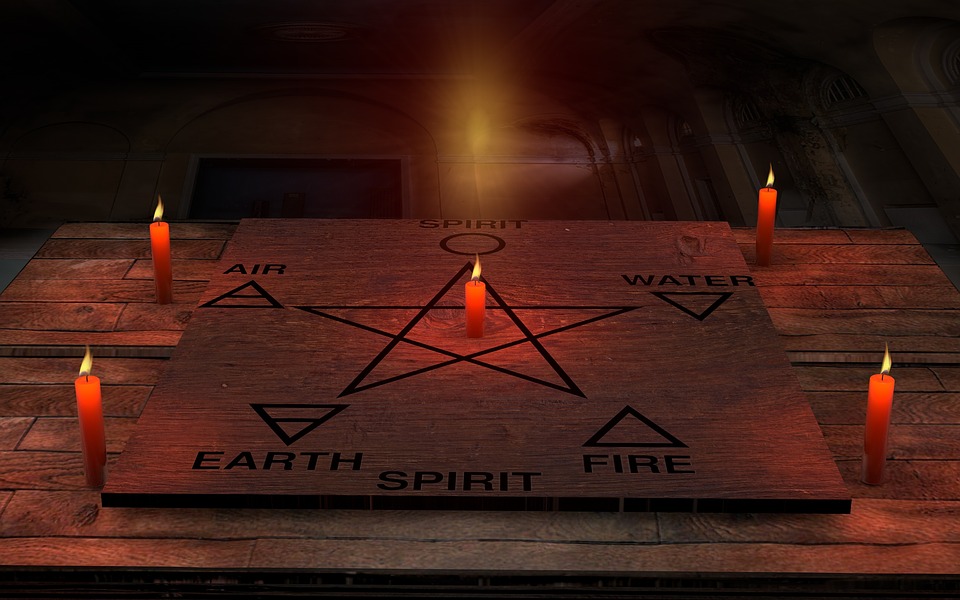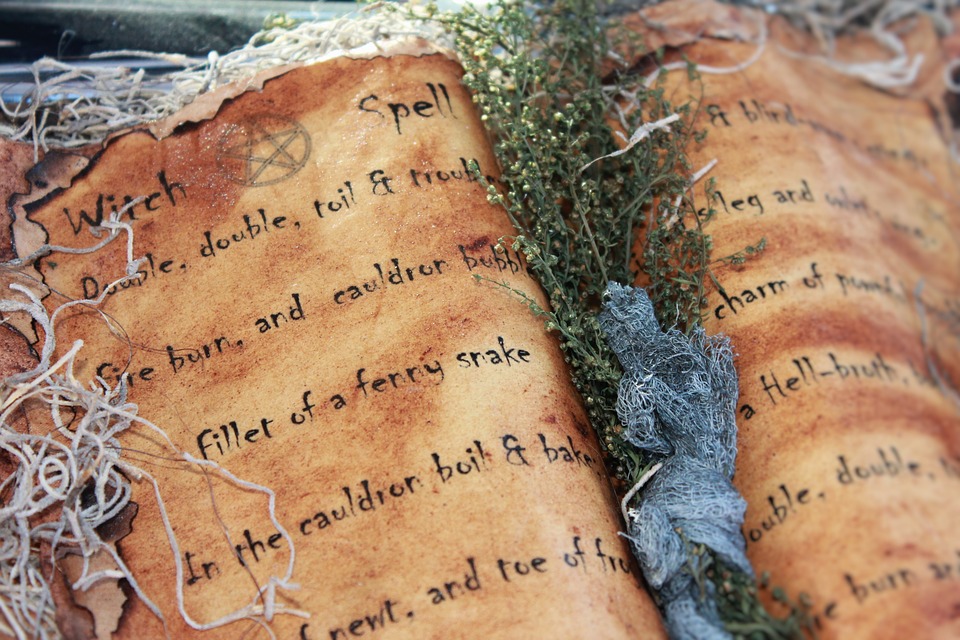In all the other articles, we talked about many inspirational religious systems and their laws. However, this one will focus on a different type of religious movement: Wicca!
Wicca
Also known as Pagan Witchcraft, Wicca is a type of modern Pagan religion. Religious scholars tend to class it as both a newer religion and part of the Western esoteric practices. Modern wicca is believed to have started in early 20th century England and was introduced to the world in 1954 by Gerald Brosseau Gardner, who, having lived most of his life in Asia, was very familiar with occult beliefs and magical practices. After the breakout of World War 2, he returned to England and became part of the British occult community. This is when he created the new movement which is based on the practice of witchcraft and worship of nature.
Compared to most other religious movements, Wicca has no central authority figure and all its beliefs, practices and principles were defined by Gardner and Doreen Valiente, another English Wiccan. Due to the fact that many Wiccans call themselves witches or warlocks, the Pagan religion is often associated with Satanism and Devil Worship, which has led to the religious movement facing much persecution.
Wiccan Laws
Generally speaking, there is no imperative moral or ethical rules and regulations to be followed universally by all Wiccans, but most follow what is known as the Wiccan Rede.
Wiccan Rede

The Wiccan Rede can be defined as a declaration which provides a moral system that the Wiccans should abide to. It is based on the statement: “An it harm none, do what ye will” and in other words, refers to the freedom to act, but while taking the responsibility of one’s actions and minimising harm to oneself and to others.
The first version of the Wiccan Rede was published and made public by Doreen Valiente in 1964. A similar version appeared in Aleister Crowley’s work called “The Book of the Law.” However, there are many arguments concerning the interpretations of the Wiccan Rede. The debates focus on the concept that the Rede is more a piece of advice rather than a commandment. For instance, if compared with the Ten Commandments or Sharia, the Rede is somewhat different from other religions’ laws. Some claimed that the Rede is only a guideline that each individual must interpret in their own way and try to apply it based on some particular situation.
Moreover, compared to most religions, the Rede does not emphasise actions that “do not harm”; hence, actions that harm or do not harm are open to personal interpretations.
The following extract belongs to a fantastic article written by Sable Aradia about the Rede and its interpretations:
“I would argue that “doing no harm, ever” is simply not possible in a belief system that accepts death as a part of life. Have you ever eaten a steak? That cow died and you ate it. How about a celery stick? Yep, dead celery too. Have you ever been faced with a moral dilemma? There are a few small and everyday issues that you might have been faced with that will require you to cause some harm somewhere, no matter what you choose.”
Law of Threefold Return

Another important element in the Wiccans’ moral system includes the Law of Threefold Return, also known as the Law of Return. This law claims that whatever type of energy a person brings into the world, whether positive or negative, will be returned to that particular person three times. In layman’s terms, a person’s good or bad deeds will be returned to him or her in a triple force. The Law of Three is said to be similar to the theory of karma and was introduced by Gerald Gardner.
An occult researcher called John Coughlin defined the Law of Three as “a literal reward or punishment tied to one’s actions, particularly when it comes to working magic.”
However, despite the intensity of this law, many Wiccans tend to violate it.
Now that you have discovered a little part of Wiccans’ world, what do you think about this new religious movement? Please share your comments!

